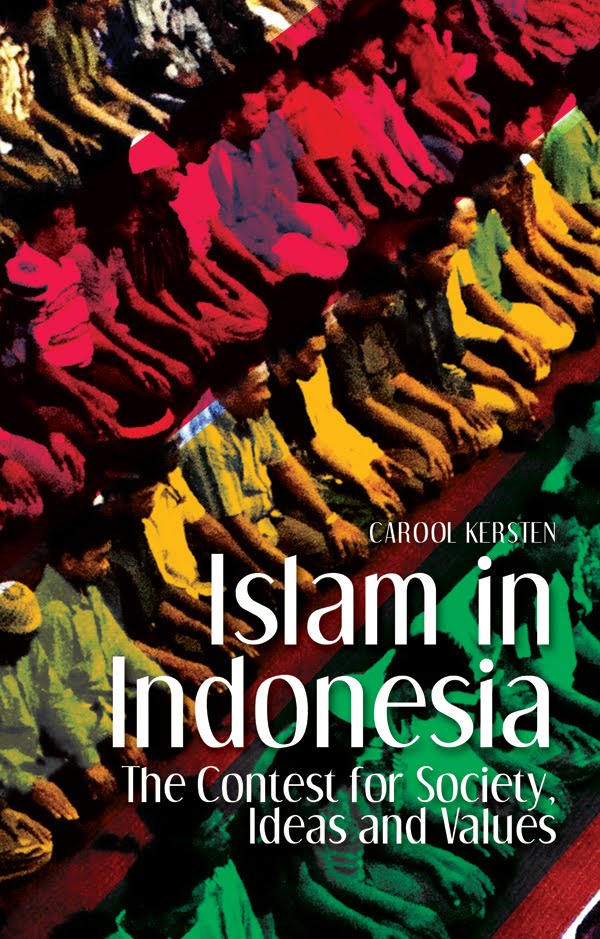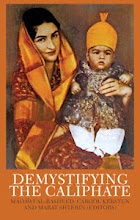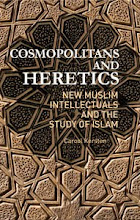 |
| Zainah Anwar |
Since its foundation in Kuala Lumpur in 2009,
Musawah has been at the forefront of the campaign for women rights in the Muslim world. Amplifying its voice is aided by the involvement of leading women activists and intellectuals, such as
Sisters in Islam co-founder
Zainah Anwar (Malaysia) and academics
Amina Wadud (American scholar of Islam) and
Ziba Mir-Hosseini (British-Iranian legal anthropologist).
 |
| Amina Wadud |
 |
| Ziba Mir-Hosseini |
 |
| Marwa Sharafeldin |
The Jadaliyya website is now offering a new discussion platform revolving around a
new justice for women campaign initiated by Musawah. In her inaugural article, Egyptian legal scholar
Marwa Sharafeldin uses the current Corona Virus/Covid-19 crisis to draw renewed attention to the disadvantaged legal position of women in many Muslim countries.
Here are some excerpts.
Family law is one of the most contentious laws to change in the Arab region and the Muslim world. One of the reasons given for this is its close association with religion.
However, it is important to first observe how family law is deeply implicated in distributing wealth and in allocating power and resources. Because of the way that family law is constructed in some countries in the Arab region, it is usually in men’s hands where power and wealth is concentrated.
Returning to COVID-19, family law reform, and religion, there is a fundamental problem with the underlying philosophy of gender inequality found in family law practices, and the religious jurisprudence upon which they are based. But would we be tampering with religion if we call for the reform of Arab and Muslim family laws?
The answer is no. There is a difference between shari‘a and fiqh (jurisprudence). Shari‘a is what Muslims believe to be the eternal message of God: unchangeable, divine, and relevant for all times and places. It is full of all things good. Fiqh, on the other hand, is the human endeavor to uncover and understand this divine message. It is therefore changeable and subject to context. The Arab region’s family laws are not divine, because they are based on human fiqh.
Read the whole article
here











